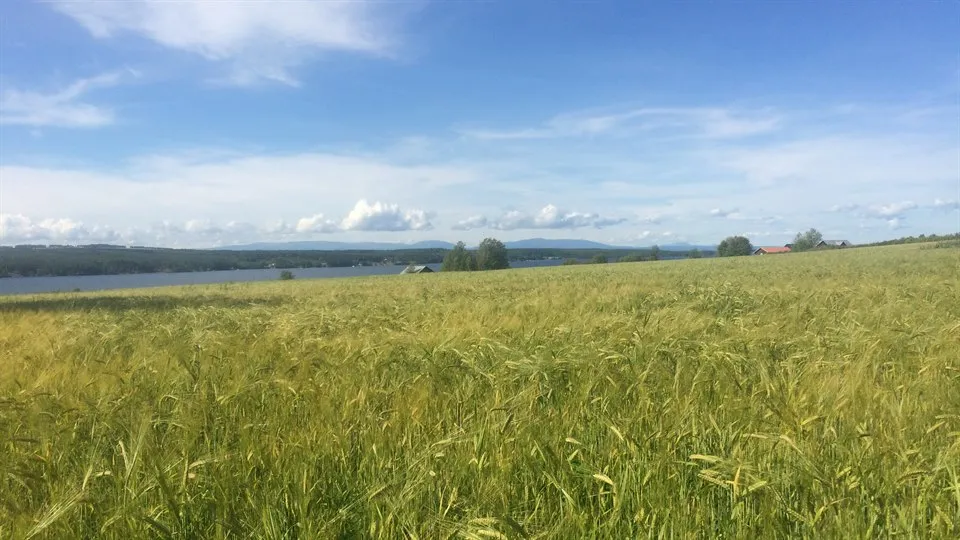Good examples of sustainable living and entrepreneurship ‑ lessons from rural areas
At Mid Sweden University, a research project is underway where buildings in rural areas will be highlighted through good examples. The aim is to share sustainable adaptations of buildings to spread knowledge and inspiration to both other rural residents and residents in more urban environments.
Rural settlements are often multifunctional and small businesses engaged in agriculture play a simultaneous role as consumers and producers. Small business owners whose property is both home and production factor need to optimize operations and lives on more levels than a traditional household in a specialized economy. In addition, small companies in green industries can play a major role in the local communities they are in, for example by creating jobs, job training, nurturing culture and providing community services. This means that small businesses in green industries play several important roles. At the same time, a development is underway where small companies in green industries find it difficult to achieve profitability, and as the number of farms decreases, buildings are being used for new purposes, which can, among other things, completely change the appearance of the countryside.
In light of the global crises that affect us financially, environmentally and culturally, it is clear that a transition in the built environment is needed to contribute to more sustainable development. Since small business farmers risk being hit hard both privately and professionally, it is important to highlight their conditions and create preparedness, both for the individual households/companies and for us as a society. This vulnerability forces both innovation and resilience, which are important to study in order to contribute to long-term learning in the green industries. Also from this societal perspective, it is clear that small business owners in rural areas can serve as learning examples.
The hypothesis of this project application is that small business owners in green industries through a vulnerable position and multiple levels of decision-making have strong needs and abilities to adapt and develop. The aim is thus to study examples of working methods and (technical) solutions that enable adaptation and innovation for more long-term sustainable green industries. Both the utilization of traditional methods and new ways of working in a sustainable spirit are interesting. The goal is to spread good examples, partly to other small businesses in the green industries and thus strengthen the industry and Sweden's resilience, and partly through Jamtli Living University to find sustainable models that can also work in environments outside rural areas.
The main research questions of the project are:
- How can small businesses use and adapt the buildings on their property/s to create long-term sustainable conditions for entrepreneurship, housing and other societal benefits?
- What general insights can be transferred to other small business owners in rural areas and which can be transferred to more urban environments for increased sustainability?
The project will be carried out through case studies where interviews with small business owners form an important basis. Within Jamtli Living University, a recurring methodological element has been dialogue seminars and workshops, which will also be organized within the project as part of co-creating ideas and passing on knowledge.
The project is funded by the Royal Swedish Academy of Agriculture and Forestry.
Facts
Project period
220601-241130
Research centers
Subjects
Research groups
Project leader

